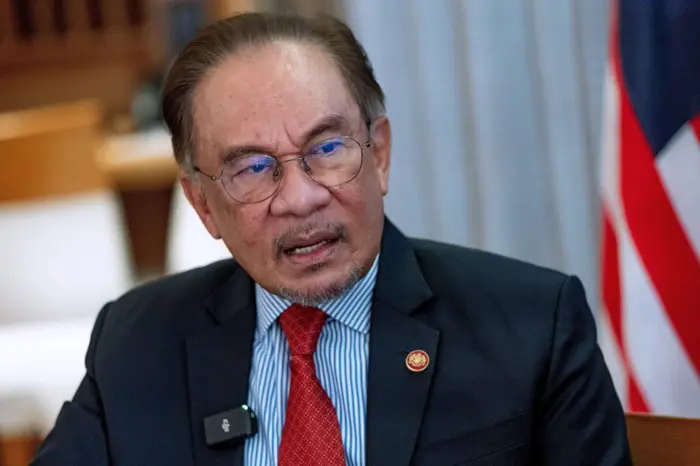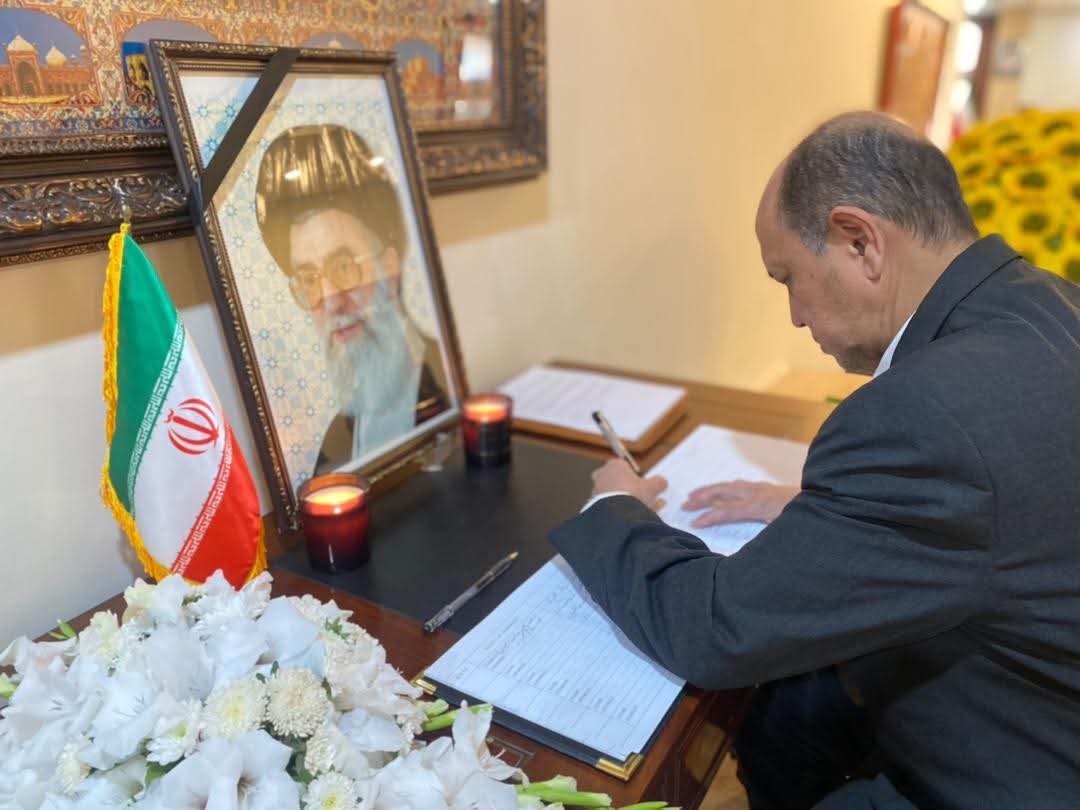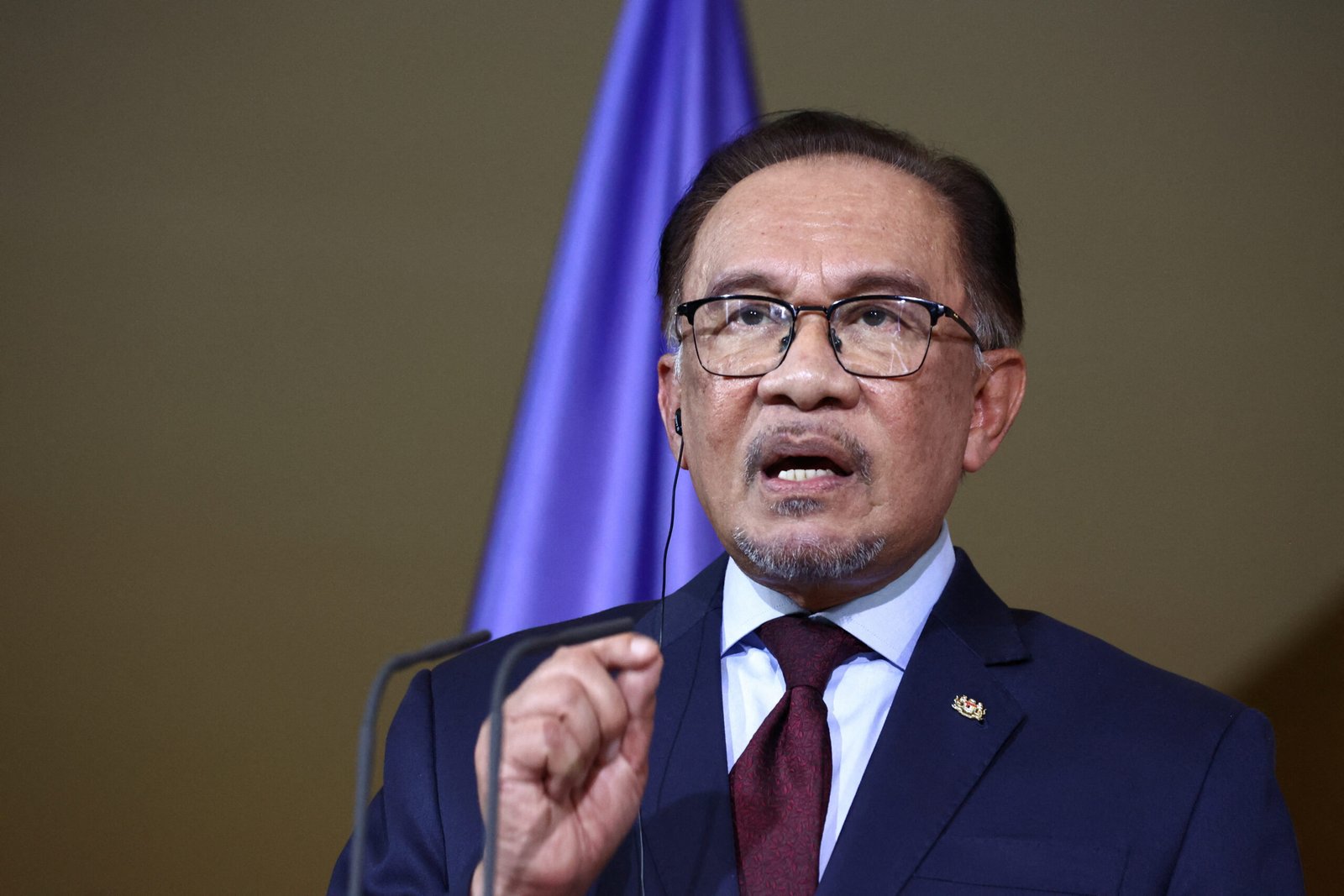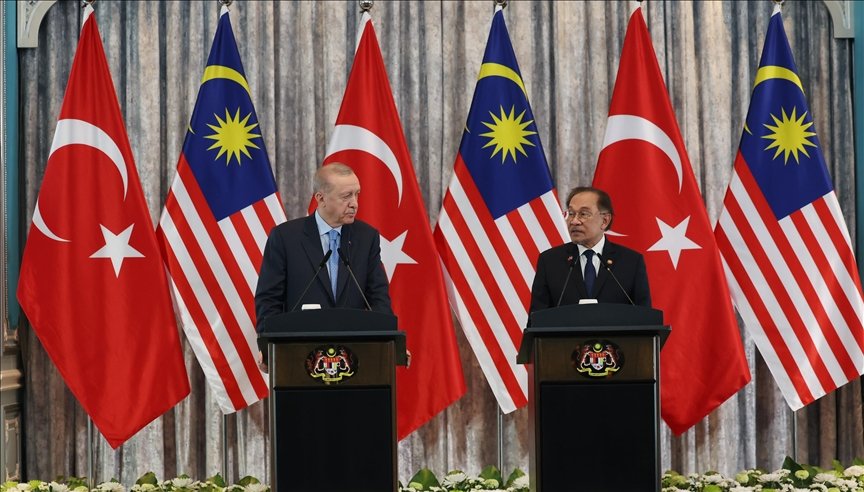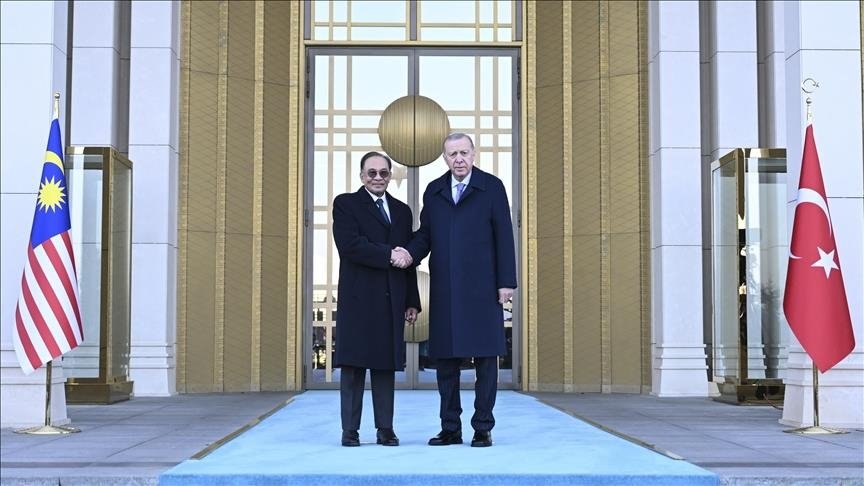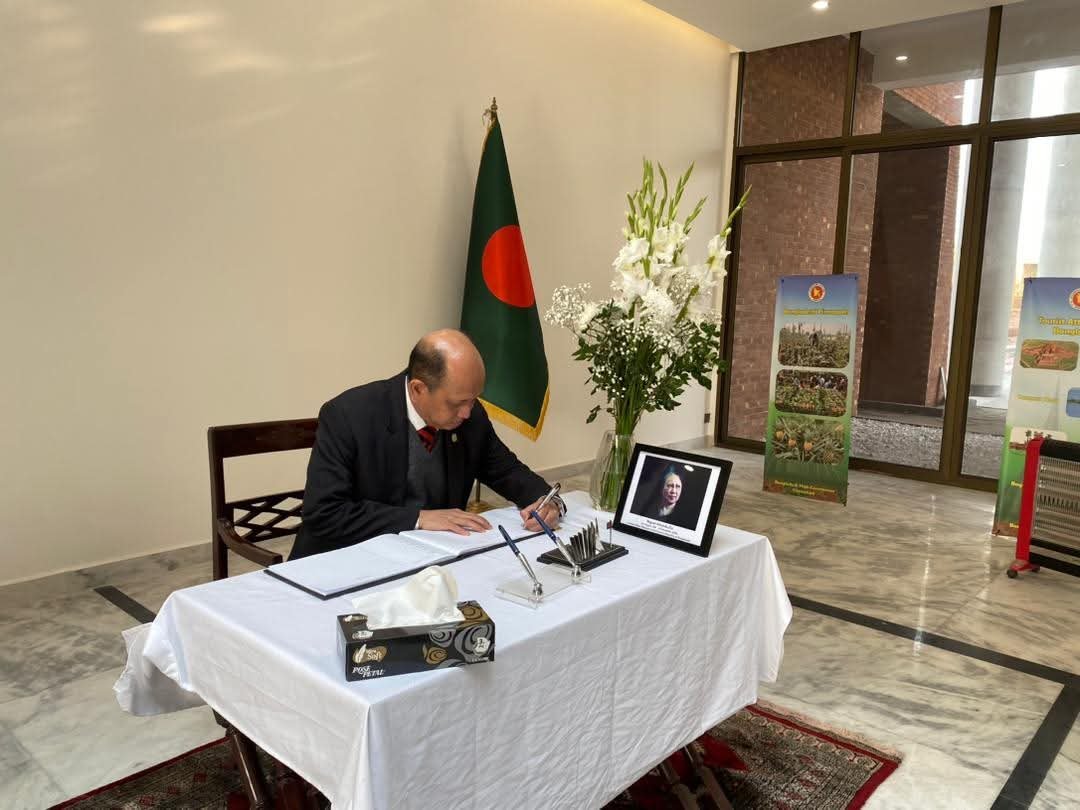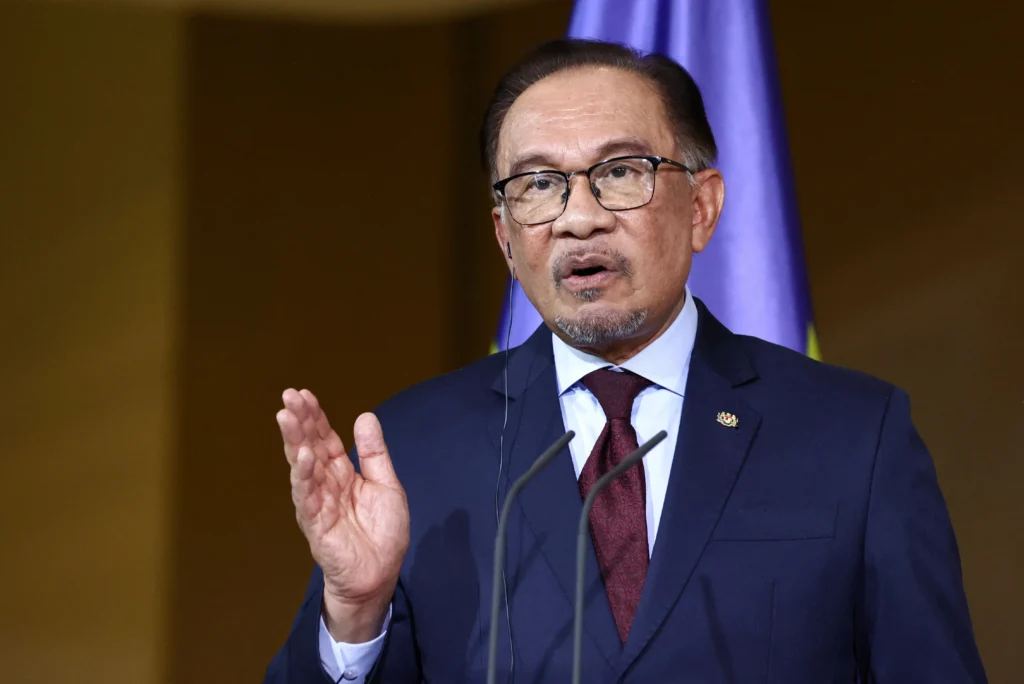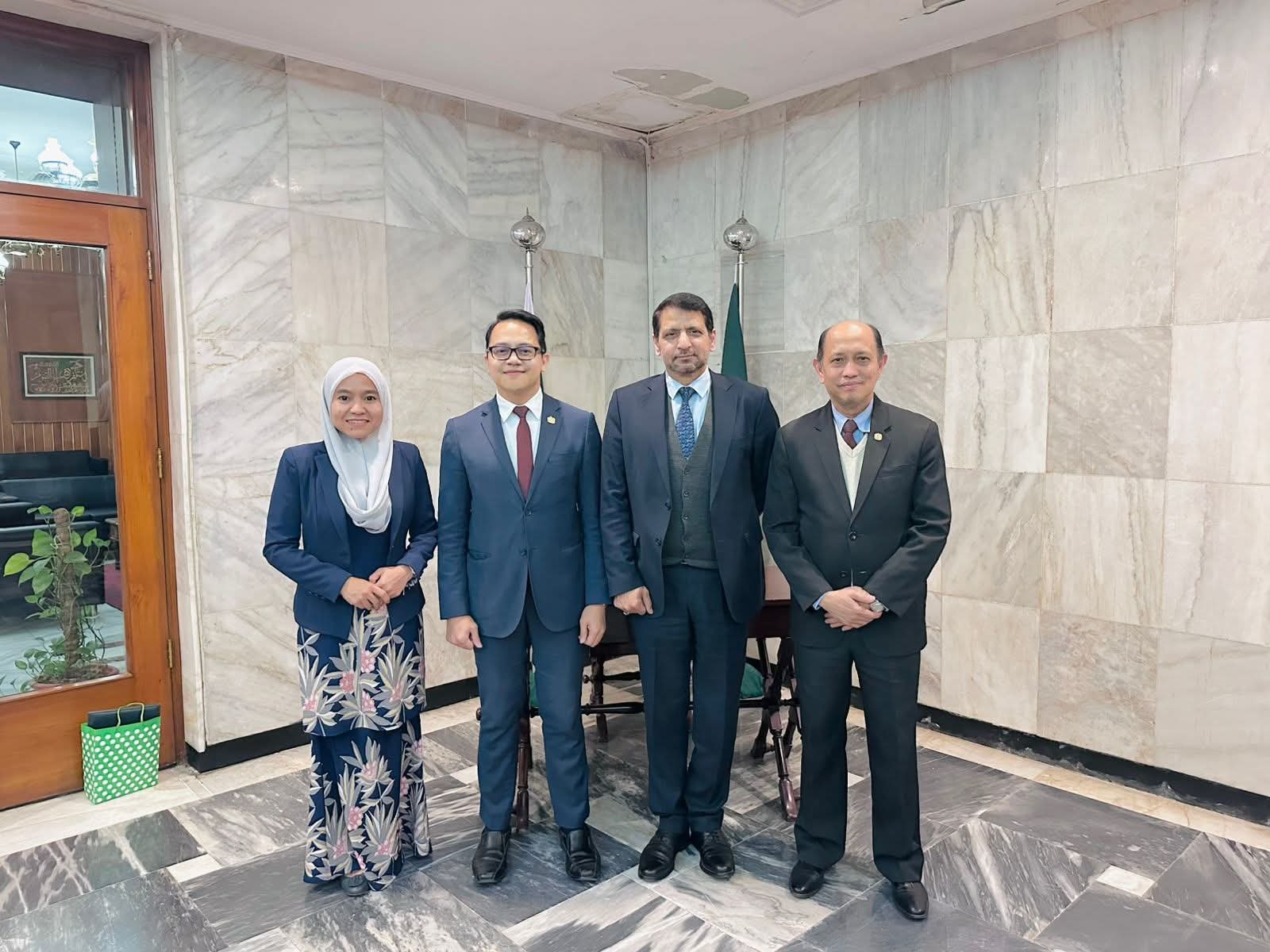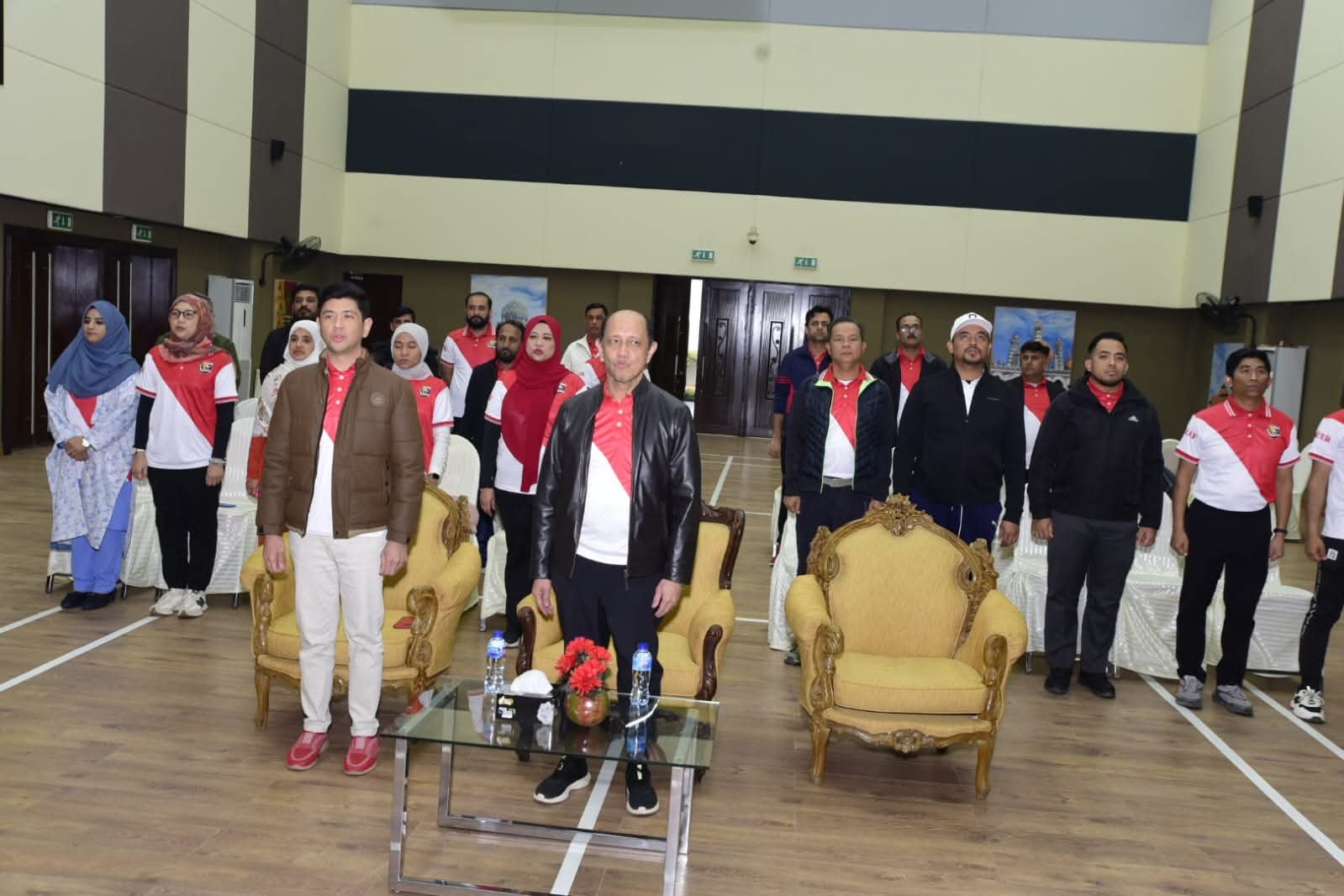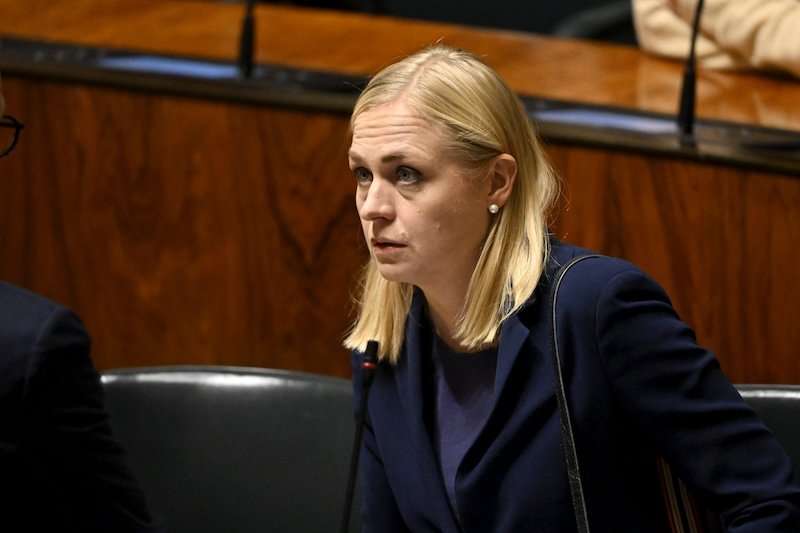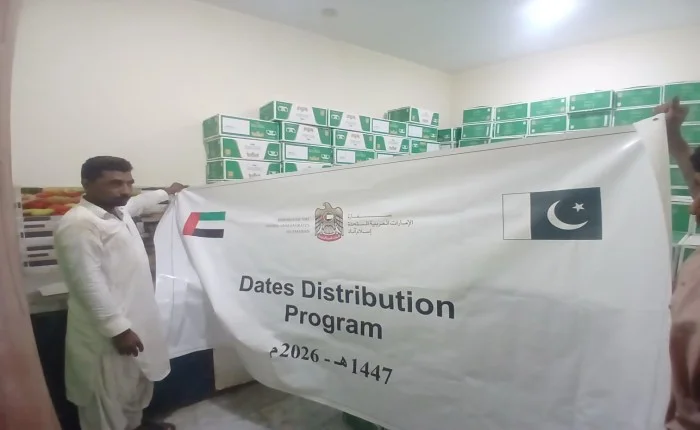Kuala Lumpur, June 19, 2025 – The Europe Today: Prime Minister Datuk Seri Anwar Ibrahim on Thursday affirmed that negotiations between Malaysia and the United States regarding US-imposed unilateral tariffs are proceeding “very well.”
During his keynote address at the 38th Asia‑Pacific Roundtable in Kuala Lumpur, Anwar said he received updates on the discussions in Washington, DC, from Investment, Trade and Industry (MITI) Minister Tengku Datuk Seri Zafrul Abdul Aziz and Finance Minister II Datuk Seri Amir Hamzah Azizan, who are leading the delegation.
“This morning, I received a message from the MITI Minister and the Finance Minister II, that the meetings with the US Secretary of Commerce have been excellent,” Anwar stated. He emphasized Malaysia’s dual objectives: securing fair treatment for Malaysian businesses and articulating ASEAN’s broader interests in the dialogue.
He further encouraged other ASEAN nations to adopt a similar stance. “I have also urged my colleagues in ASEAN to do likewise, present bilateral positions and emphasise the need for ASEAN to remain as a cohesive force,” he said.
Tengku Zafrul and Amir departed for Washington on June 18 to conduct negotiations aimed at averting the imposition of a 24% tariff on selected Malaysian exports—chiefly semiconductor products—after the current 90‑day pause expires on July 8.
Anwar conveyed deep concern over the impact of such tariffs on Malaysia’s export-driven economy, noting that over 60% of its semiconductor shipments are destined for the US market: “You can imagine the concern of the government and Malaysians to secure a fair resolution to this issue.”
He reiterated Malaysia’s commitment to fair and transparent trade guided by international rules, rejecting unilateral or coercive economic measures. “Disruptions in trade and the supply chain will leave detrimental effects in business, hampering economic growth,” he warned.
Looking ahead, Anwar affirmed Malaysia’s proactive stance: “Malaysia will continue to engage constructively with the US, China, India and the European Union, in advancing our national and regional interests.” He described Malaysia’s policy of active non-alignment as a principled approach designed to maintain strategic flexibility and decisional independence: “…to engage all partners on our own terms.”
